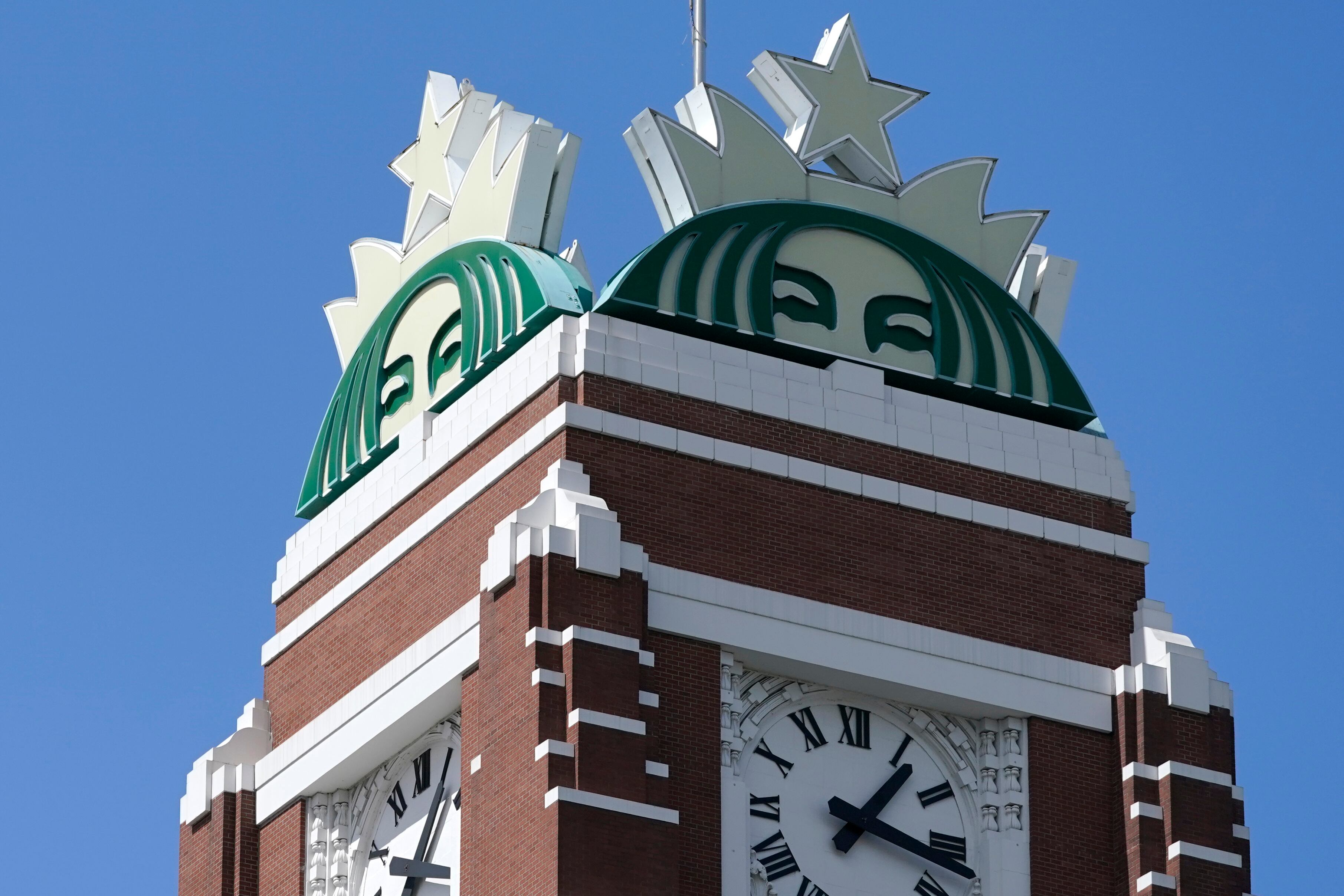By Michelle Chapman
Birkenstock stumbled in its stock market debut Wednesday, a day Wall Street traded in its wingtips for sandals.
Some traders on the floor of the New York Stock Exchange donned the iconic opened-toed footwear, and Birkenstock CEO Oliver Reichert rang the opening bell, with people around him waving sandals in the air.
But the enthusiasm did not carry over to investors, who apparently viewed the asking price for a stake in the 249-year-old German company as too steep.
The maker of upmarket sandals set a price of $46 per share for its initial public offering of stock late Tuesday, valuing the company at $8.64 billion. The stock opened for trade Wednesday at $41, below the range of $44 to $49 it had been expected to price just a week ago. It ended the day down 12.6% at $40.20.
Birkenstock Holding Ltd. sold about 10.8 million shares in the offering, raising about $495 million. Its shareholders sold an additional 21.5 million shares. So far this year, of the 24 other IPOs that raised at least $100 million, the average first-day return was 20%, according to Renaissance Capital, a firm specializing in IPO research.
The company’s footwear was first cobbled together by Johann Adam Birkenstock in Germany in 1774. The sandals have long been derided as the antithesis of high fashion but have a cult following and this summer got a plug in the blockbuster movie “Barbie.”
“Through the strong reputation and universal appeal of our brand — enabling extensive word-of-mouth exposure and outsized earned media value — we have efficiently built a growing global fanbase of millions of consumers that uniquely transcends geography, gender, age and income,” Birkenstock said in a recent regulatory filing with the Securities and Exchange Commission.
Birkenstock’s formula for success began with a view that humans are intended to walk barefoot. The company said in its filing that its footbed, which was developed in 1902, “represents the best alternative to walking barefoot, encouraging proper foot health by evenly distributing weight and reducing pressure points and friction.”
Birkenstock makes all of its footbeds in Germany and assembles more than 95% of its products there. The remaining products are made elsewhere in the European Union.
The company’s revenue has increased from 727.9 million euros ($771.7 million) in fiscal 2020 to 1.24 billion euros ($1.32 billion) in fiscal 2022.
Birkenstock’s IPO will be the fourth to launch in the U.S. in the past month, following Arm Holdings, Klaviyo and Instacart. There were just 71 IPOs in the U.S. last year, the lowest number since 2009, according to Renaissance Capital.












